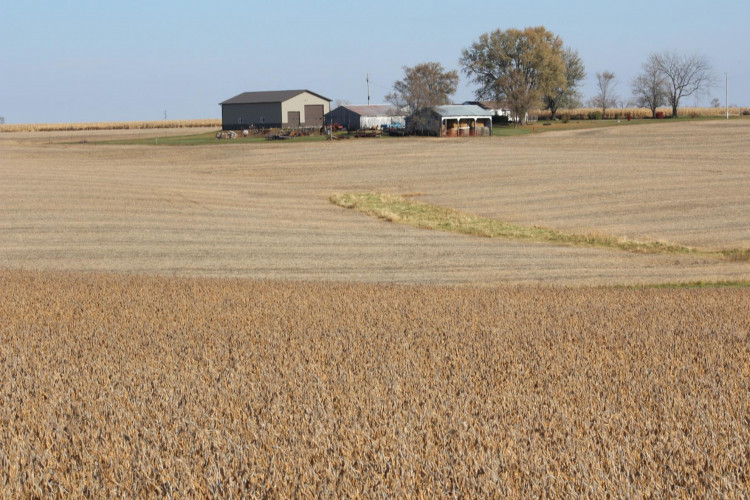The U.S. business community continues to express misgivings about the phase one trade deal with China to be signed Wednesday since nothing solid is known about this agreement apart from self-serving statements by the Trump administration.
A statement from the Office of the United States Trade Representative Robert Lighthizer, the lead trade negotiator, is a case in point. USTR alleges the phase one deal includes a "dramatic expansion of U.S. food, agriculture and seafood product exports."
American executives confirm none of them have seen the text of the phase one deal but admit government and White House officials briefed a number of them in some detail. They also don't expect to see anything about the deal in writing before the deal's signing Wednesday.
Analysts say the Trump administration's insistence on keeping detail of the phase one deal secret is due to president Donald Trump's desire to take sole credit for the deal, which he sees as key to his re-election bid. Trump also wants to shape U.S. public opinion more favorably towards him in light of his impeachment and problems overseas.
Neither USTR nor the White House say nothing about how much U.S. agriculture products China has actually committed to buy. USTR also says there's an agreement to end China's long-standing practice of forcing foreign firms to transfer their technologies to Chinese companies but is again hazy on the details.
"This thing's been a crazy roller coaster since it started," said P.J. Quaid, a corn-options trader at the CME Group, Inc, about the deal's agricultural aspect. "A lot of people have become pessimistic because a lot of the purchases they said they're going to make seem hard to attain. If this thing comes in under expectations, you could see sell-off. It's been a rough time for people trading Ags."
Quaid also said he also wants to know how the Trump administration plans to enforce the phase one deal if Beijing does renege on its obligations. There is no information on any enforcement mechanism. With assets of $4.3 billion in 2018, CME owns the New York Mercantile Exchange.
Massive and renewed purchases by China of U.S. farm produce is of enormous concern to American farmers that are suffering greatly because of Trump's trade war against China. Before Trump launched his trade war in March 2019, China was the largest buyer of U.S. soybeans and a major buyer of other U.S. produce. Government data shows U.S. farm bankruptcies jumped 24 percent in 2019. More ominously, farm debt is on target to hit a record $416 billion in 2019.
"This is a big source of consternation for (the US Department of Agriculture) and farmers," said one executive.
China hasn't officially confirmed how much U.S. farm produce it plans to buy. On Tuesday, agricultural vice-minister Han Jun confirmed China wouldn't increase its import quotas for corn, wheat and rice. This terse statement means it will be impossible for China to buy more U.S. produce without any increase in its import quotas. China has also said won't renege on its commitments to buy soybeans and other produce from countries such as Brazil and Argentina.
Trump has bragged China will buy up to $50 billion in U.S. agricultural products but without offering any proof to back-up his outlandish claim.





